CheckList
Determine all of the paperwork necessary to ensure a smooth move-in day
While some people may be able to pull off a very short DIY local move, it is crucial to hire a moving company for any long distance move.
Long distance moving just simply cannot be done by yourself – from packing to transporting your goods and unpacking once we get there.
Braha is a company that will be with you every step of the way
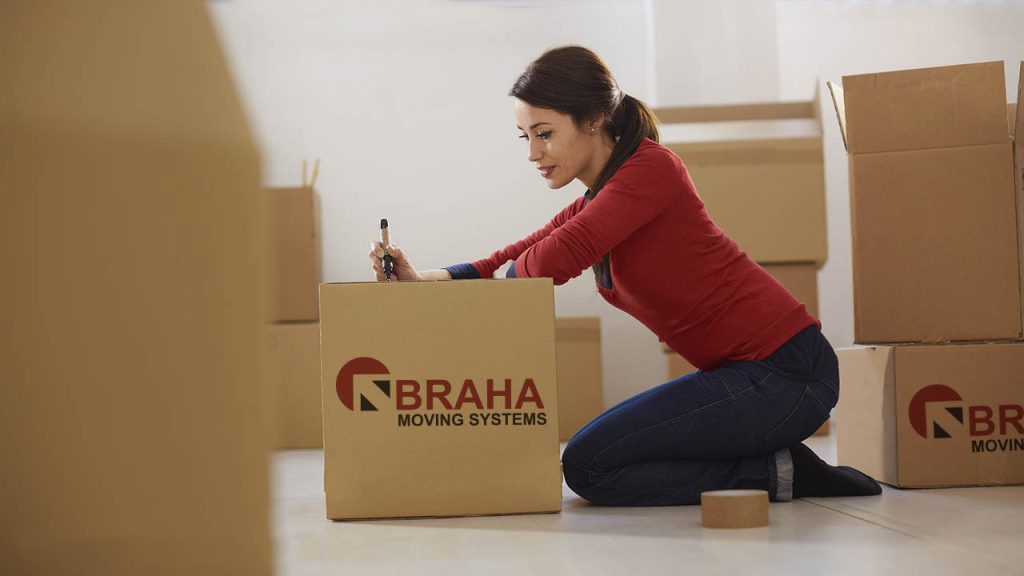
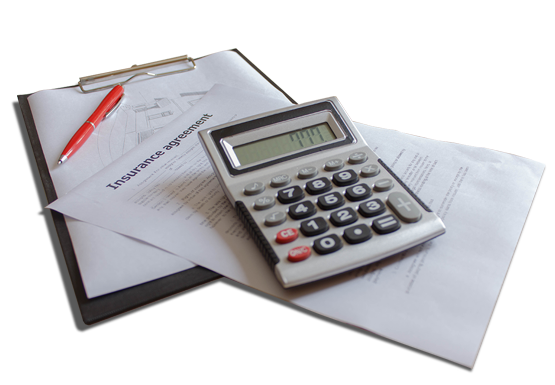
Once you have a moving company hired, the next step is to acquire moving insurance. Hiring Braha will ensure that your belongings are transported by a certified and licensed company.
Remember to look into any other insurance plan to cover your move, as well as an insurance policies that are required by the property managers of your destination.
Personal Documentation
The process and deadlines for how to go about doing this may vary state to state, so remember that planning ahead will benefit you in the long run. Put these deadlines on your timeline to keep yourself on track for your move.
Other important paperwork to think about when moving across state lines includes updating your personal information to match your new home state. This includes documents like your license and registration, and any change of address forms.
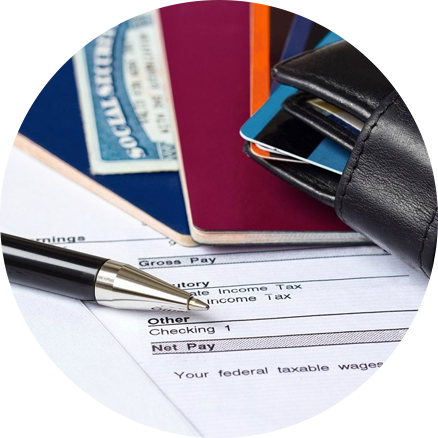
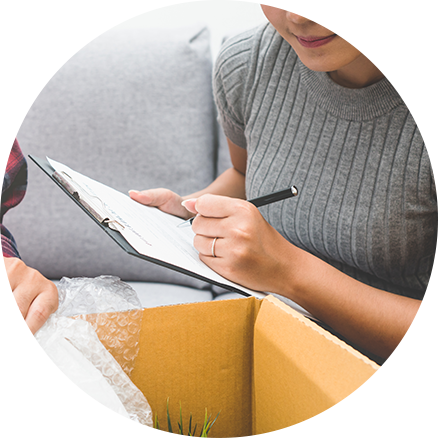
Keep Yourself Organized
We recommend that you make an inventory list for yourself. Often times, a long distance move is a fresh start.
Take the opportunity to completely go through your belongings, think hard about what you need, what you can discard, potentially donate, and what can maybe move to storage to be saved for a different time of your life.
The other reason this process of decluttering is important is because long distance moves can be expensive, especially when looking into shipping things by air for a cross country move.
Create a Blueprint
When decluttering and downsizing your current space into your new space, it is important to imagine where all of your furniture and belongings will fit.
Keep in mind as well that large furniture pieces are often cheaper to rebuy, rather than pack and transport. This comes into play with items such as outdoor furniture.
Create a blueprint for you new space – determine current furniture will fit nicely and plan for what you will have to buy for the new environment.
This will give you a better idea not only for what to discard or donate, but also help you assimilate to your new home.
I have too many things that I don't want anymore, what can I do?
It is something we all do – grow attached to items of our past. More often than not, we have that pair of skinny jeans we loved in high school, the dress we wore to a college event, and boxes of old papers or mementos collected over the years.
When facing a long distance move and looking to downsize, there is a rule to keep in mind – the One Year Rule.


You want to apply the One Year Rule especially when it comes to downsizing your clothes – if you have not worn it in a year, then it is safe to say that you probably would not be wearing it in your new life across state lines.
While this rule is most likely to be applied to closets and the clothing of one’s household, it is extremely useful for lots of other household items.
Apply & Declutter

That nail polish bottle you have not used in over a year? Toss it. It is probably dried up anyway. Same goes for all those lotion bottles you have received as gifts over the years and rarely used.

The drawer with built up wires & old phone chargers? Discard them all. Chances are, there is one for an old camera you lost a few years ago & another for the old Razr flip phone you used to have back in the early 2000s. Besides, electronic companies will likely come out with yet another new type of charger you will have to buy in order for your phone to work.

For recent graduates, go through any and all saved schoolwork! If you have not used it in the past year, and it has been kept up in a box in the back of your closet, it will have no use in your new home across state lines! Enjoy a stroll down memory lane of thinking about old classes, your favorite professor, that grade you were so proud to get back… and then make space for new memories to come in your new place.

Packing To Go
Similarly to a local move, pack up your place one room at a time. Never combine items from two different rooms into one packing box.
If you want to break down your inventory list by room, this can help with time and organization.
Do not pack any essentials that you will need as soon as you arrive at your destination location.
It is important to label all your boxes with either your name or another identifiable marker.
Usually, moving trucks for long distance moves can have items belonging to more than one client.
By having your items and boxes labeled will ensure all your belongings make it to where they are supposed to, and nothing gets misplaced or lost.
Boxes
Moving boxes are the first and the most important when thinking about packing supplies. It is a good idea to get boxes of different sizes for various purposes.
Small ones are handy for heavy items like books, documents, or appliances.
Medium-sized boxes are very versatile for any little things like the inside of a drawer and shoes. Large boxes, on the other hand, are the best for bulky light items like clothing.
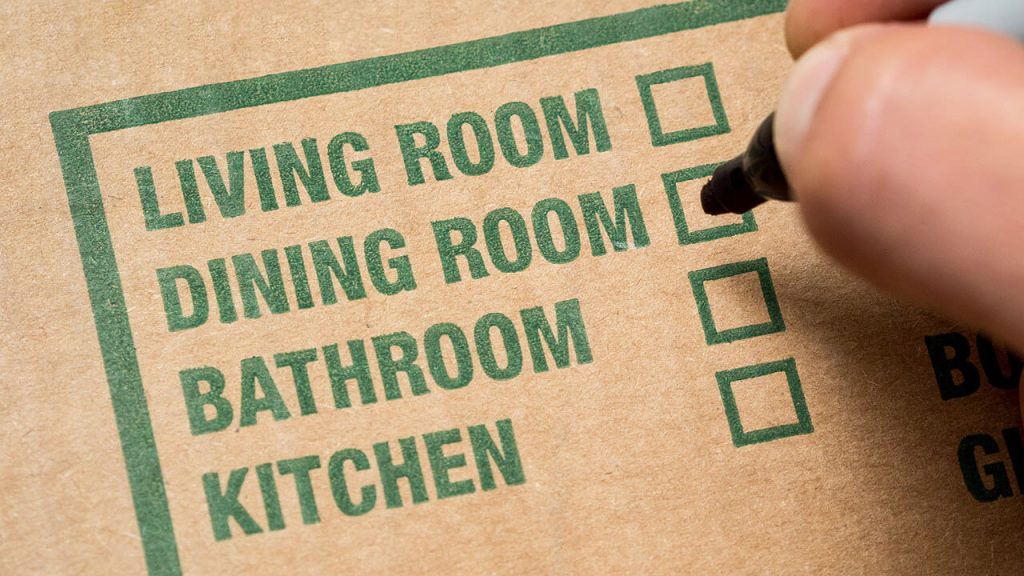

However, if you plan to store your belongings in the facility for an extended period, consider using only medium boxes, so they are more easily stacked and organized.
Also, clear containers will make it easier to recognize what is inside, if you know you will access those items often.
TAPE
you want is for your boxes to open while carrying them and chase your W-2 on the street.
Cushioning
For any fragile items, use bubble wrap or packing wrap. However, be careful when using the newspaper as the ink could bleed out on your belongings.

LABELING
Colored sharpies, labels, colored stickers

SCISSORS

DOLLY

GLOVES
To protect your hands

STRETCH WRAP OR COVERT
For furniture

For furniture

ZIP LOCKS
For screws from disassembled furniture or other small easily lost items

TRASH BAGS
For anything you don’t want to take with you

CLEANING SUPPLIES
To clean the apartment and furniture from the worst dirt
I'm Moving to a New Country... Where Do I Start?
Traveling to a different country is stressful enough… moving to a new country is debatably the most complex transition to plan and execute.
Braha is ready to be there for you each step of the way when it comes to packing, transporting, and unpacking all of your belongings – but there are many more steps that go into an international move.
To make things even easier for you...
We have listed out a few big tasks that are necessary to plan and prepare for when gearing up for your big move.
Review this list of moving tips and reminders to ensure successful international moving.

Know Where You're Moving
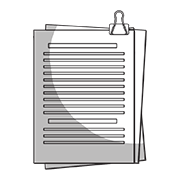
Acquire the Proper Paperwork

Plan Your Financials

Plan your Healthcare

Relocating pets

Organize and Declutter
What to Look for When Choosing Storage?

On site Security
To keep your car safe, make sure to ask what are all the security features implemented on the premises. For example, video surveillance, security guard, or an entry passcode are great from keeping any unauthorized person from entering, therefore preventing thefts and damage to your belongings.

Convenience / location
When considering what storage to choose, many factors are influencing your decision, but the location is at the top of the list. Find a storage facility that is close to your home so that you can drop by anytime you need it.

24-hour and Drive-up Access
Another features to look at is whether there is 24-hour and drive-up access. Drive-up access ensures that you can move your vehicle without any equipment or machinery.

Electronic Gate
The electronic gate is not only convenient, but it also reinforces the storage facility’s security. Since everyone is given a personal access code, no one can get in without it.
